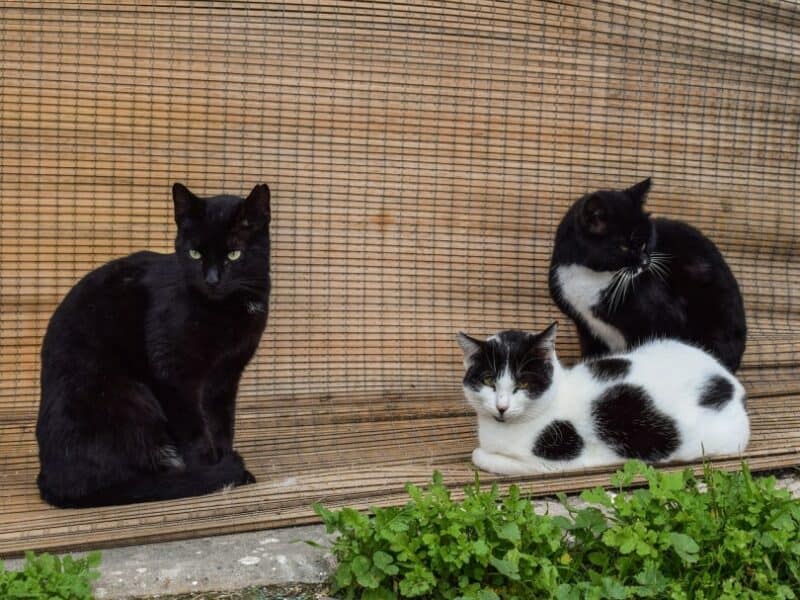Barn cats are a great animal to have in homesteads and there are many benefits to keeping them around. Barn cats will spend more time outdoors and they are better suited for farm life than indoor cats. From being natural predators of mice and rats to loving companions for your other animals, there are endless reasons to keep them on your property.
If you are unsure whether a barn cat will make a good addition to your homestead, we have compiled a list of benefits as to why barn cats can be a great choice.

The 6 Great Benefits of Keeping Barn Cats in Your Homestead
1. Controlling Rodent Populations
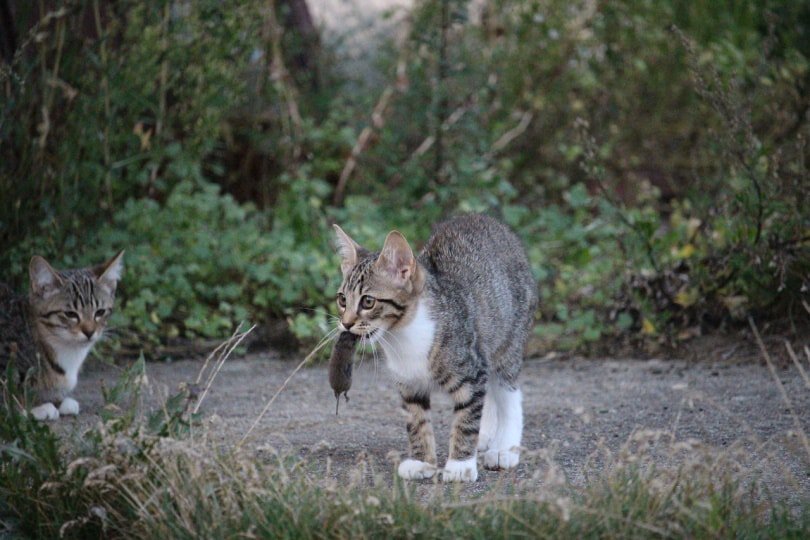
The main benefit to keeping cats in your homestead is that they will chase away or catch rodents such as mice and rats. Instead of having to deal with the rodents yourself, you can get cats to do it instead. While keeping a cat in your homestead won’t guarantee that there won’t be any mice and rats scurrying around, it will help to keep their numbers minimal.
Cats are natural predators of mice and rats, and even if your cat isn’t fond of catching and killing rodents, their smell alone can keep rodents from infesting the place.
2. Companionship
Cats are naturally loving and sociable, so keeping a barn cat in your homestead can benefit you and any other animals you have. Barn cats seem to get along well with most farm animals, plus they will provide you and your family with companionship. It seems that barn cats are well suited for living in homesteads, and while they are slightly more feral than your typical housecat, they will usually still enjoy human companionship.
3. Free Exterminator
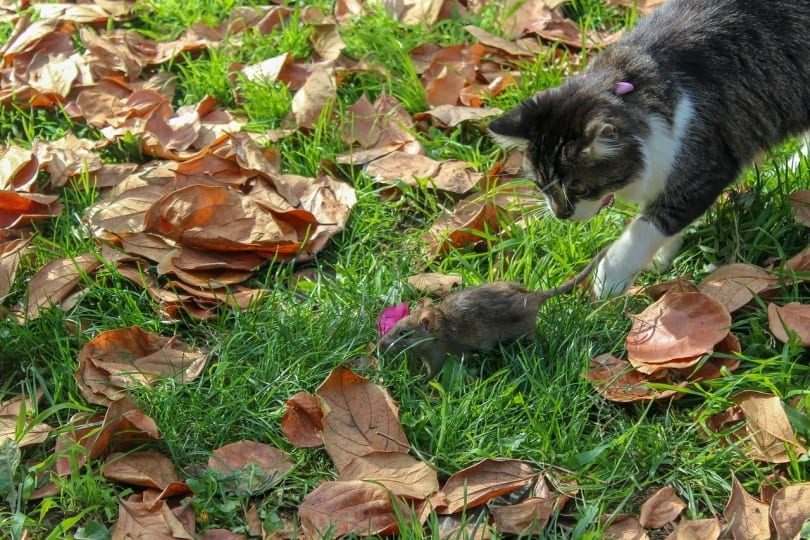
You can save money by using barn cats to control rodent and bug problems instead of getting an exterminator. Some cats will chase and paw at bugs, or even get rid of the rodents that are nesting in the homestead that are attracting insects like cockroaches. Rodents can hoard food and create nests that bugs will begin to infest, and a barn cat will easily take care of this problem.
They might not be the best bug catchers, as cats are hardly bothered by insects, but some barn cats may hunt bugs to eat. If you want to keep your barn and home area vermin-free, getting two or more barn cats will certainly do the job.
4. Low Maintenance
Unlike housecats, barn cats are better suited for outdoor living. They will spend the majority of their time exploring the outdoors and won’t rely on you as much as a housecat would. Even though you would still need to provide your barn cat with veterinary care, food, and water, they are quite independent and like to do their own thing.
Most barn cats won’t rely on you for attention or playtime, and they are considered lower maintenance than housecats.
5. You Can Provide a Shelter Animal with a Home
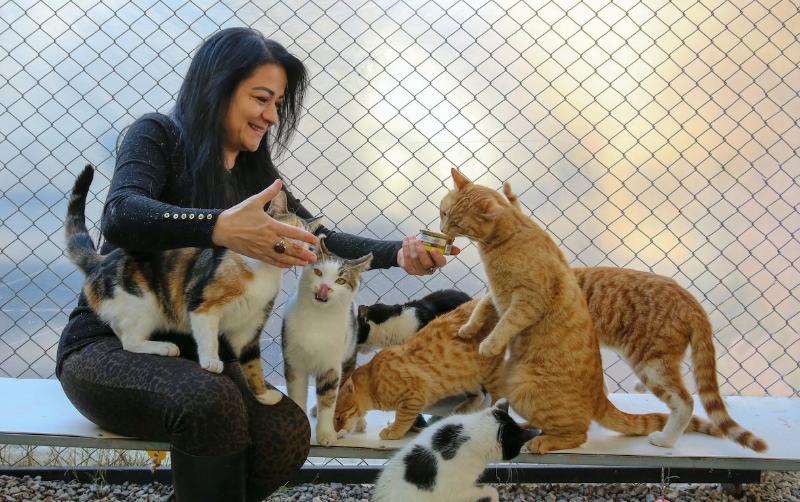
You can rescue a barn cat from a shelter as these cats are usually an animal that was previously living outdoors on a farm or spent most of their time feral. By doing this, you are giving a shelter animal a home and a purpose.
You can even check out local adoption programs that allow you to adopt a feral cat for this very use. Most feral cats will also be better at catching mice and staying outdoors than housecats, and overall, they are more adaptable to different lifestyles.
6. Suited for Life Outdoors
If you have cats that roam around your homestead or surrounding farmland and they seem to be feral, it might be more beneficial to keep them around, especially if they aren’t causing any harm. Even though you might not notice it, the cat is keeping rodents away. Feral and barn cats are outdoor cats, and this is where they will spend most of their time. Unless of course, they are chasing mice and rats that might have made their way indoors.
You can create a small sleeping and feeding area in a barn if you want to get the cats to stay in the area and become part of the family, but it will be a good idea to take them to the vet for vaccinations and to get spayed or neutered to help control feral cat populations in your area.

Caring For Barn Cats
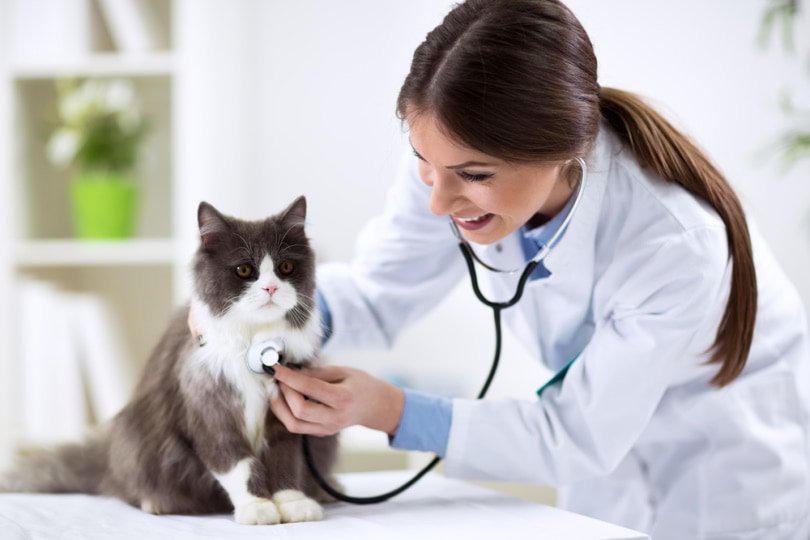
Barn cats are quite easy to care for, even if you aren’t a cat person. If there aren’t any feral cats hanging around, you can adopt one from a shelter. They can carry diseases, so taking them to a vet for a check-up and vaccinations is the first step you should take before introducing them to any other pets or farm animals you may have. You will also need to get them sterilized so that they do not breed with other cats or each other if you get a group of them.
Barn cats will still need a place to sleep and eat so creating a feeding area with fresh water and food is important. You can also use boxes or cat houses to create a safe place for them to sleep when they are not on patrol.
You can fill their sleeping boxes with straws and blankets to keep them warm if the temperature drops at night. Once you have gotten a barn cat for your homestead, taking them to the veterinarian a few times a year is necessary, and you should get them checked for fleas and ticks during this time.

Conclusion
Barn cats will make a lovely addition to your homestead and add many benefits. Aside from giving an animal a home, you will also notice a decline in vermin populations—the main reason many people look at getting a barn cat for their homestead. Barn cats will quickly settle into their new life, especially if they were previously feral, and can be a great addition to your homestead.
Featured Image Credit: dimitrisvetsikas1969, Pixabay
